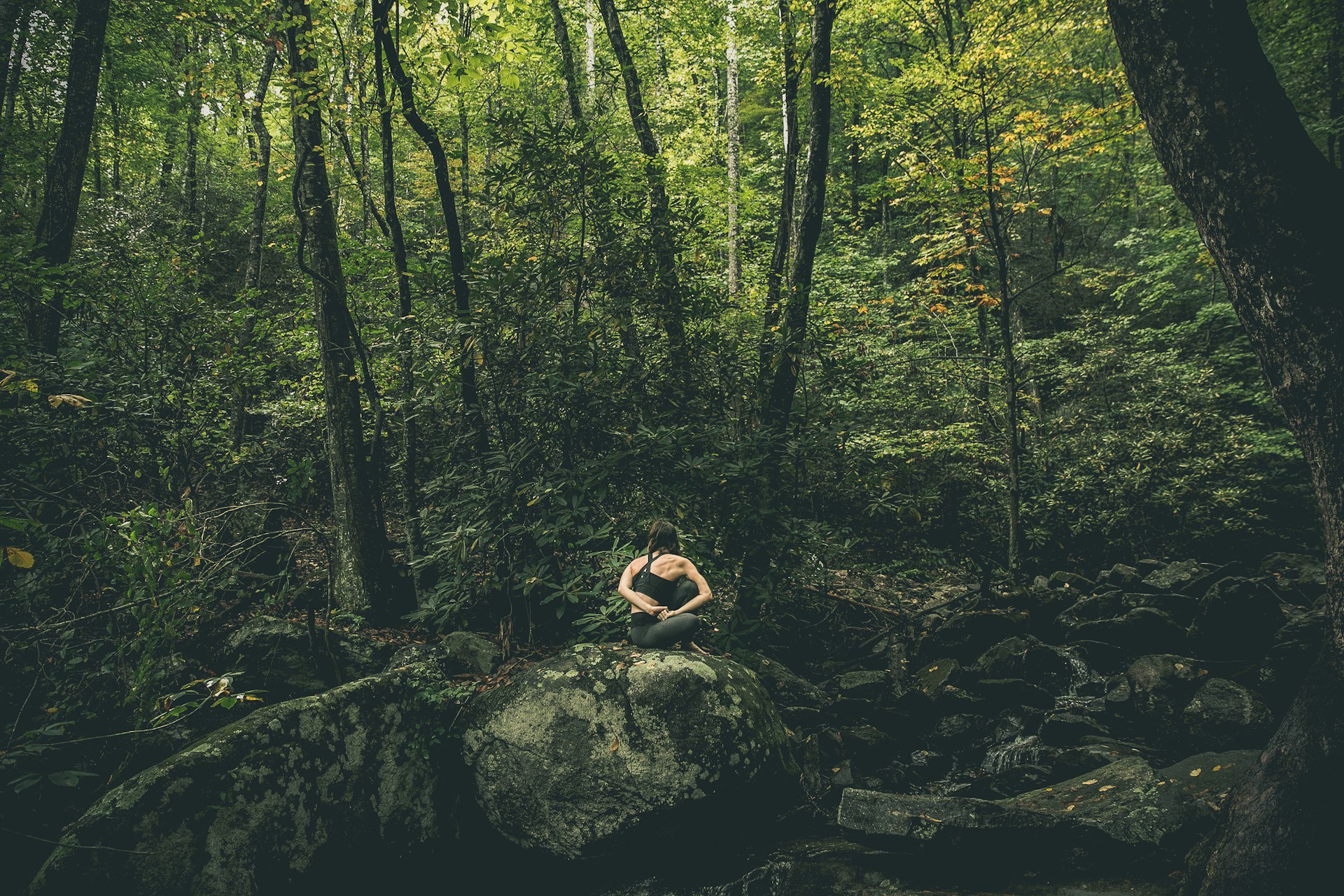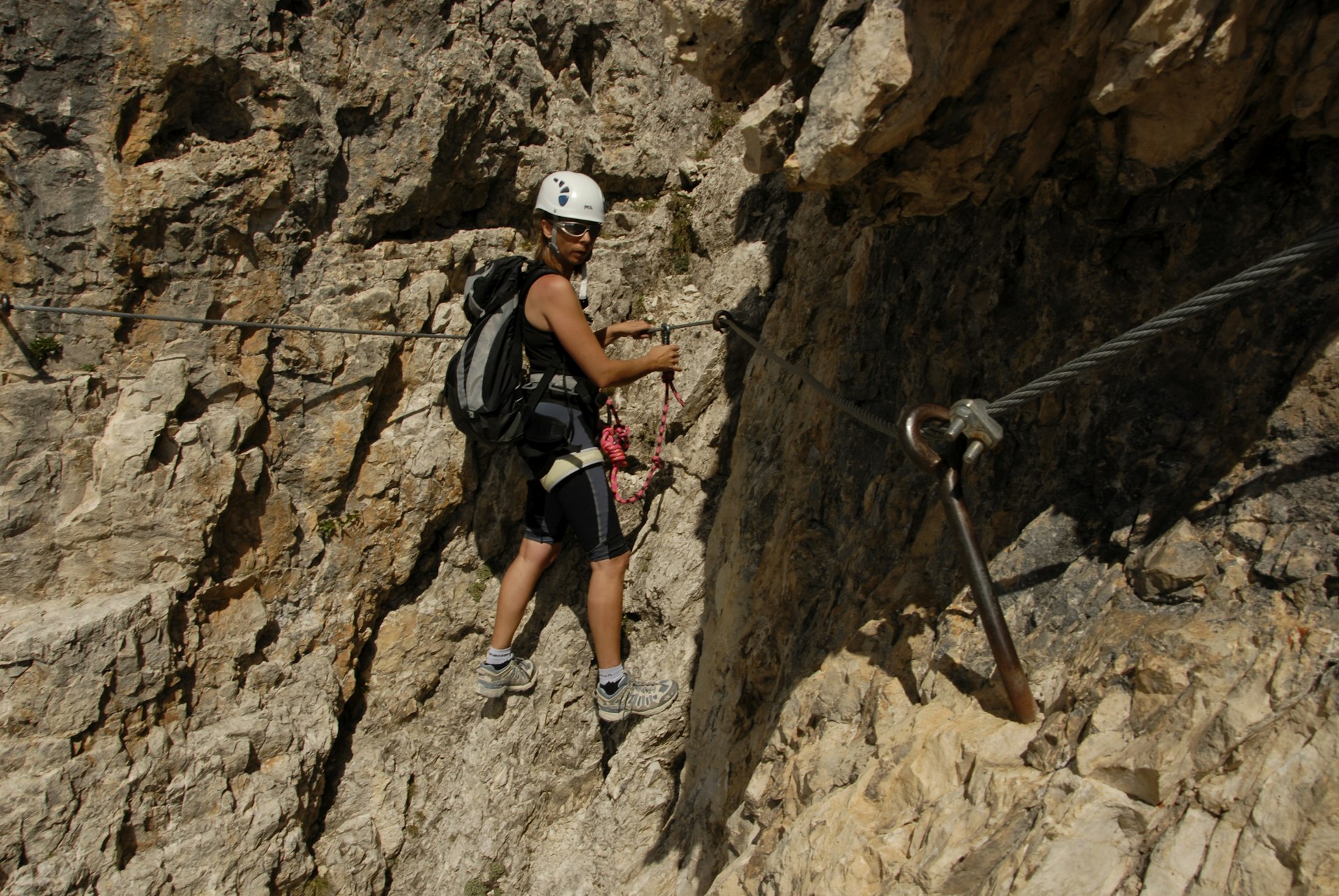Unlocking a Healthier Lifestyle: The Transformative Impact of Outdoor Activities

Photo by Georgy Trofimov on Unsplash
Introduction: Why Outdoor Activities Matter for a Healthy Lifestyle
In today’s fast-paced world, it’s easy to overlook the profound impact that regular outdoor activities can have on our overall well-being. From physical health improvements to mental clarity and stronger social bonds, spending time in nature delivers a wide array of advantages that contribute to a truly healthy lifestyle. This article explores the science-backed benefits of outdoor activities and provides actionable guidance on how you can incorporate them into your routine for lasting results.
Physical Health Benefits of Outdoor Activities
Engaging in outdoor activities-such as walking, cycling, hiking, or jogging-plays a crucial role in maintaining and enhancing physical health. According to health experts, outdoor exercise can improve cardiovascular fitness, assist with weight management, and strengthen the immune system [1] . Exposure to varied terrain, unlike the predictable surfaces of indoor gyms, challenges different muscle groups and encourages better balance and coordination [3] .
One of the most significant advantages of spending time outdoors is the natural boost to vitamin D levels. Sunlight exposure helps your body synthesize this essential nutrient, which is vital for bone strength, immune function, and overall health. Just 5-15 minutes of sun several times per week can make a difference [5] . Furthermore, being active outdoors can lower blood pressure, reduce the risk of heart disease, and improve circulation. These benefits combine to support a healthy body and reduce the likelihood of chronic illness [2] .
How to Incorporate Outdoor Physical Activities
To harness these benefits, consider the following steps:
- Start with daily walks in your neighborhood or local park.
- Join a community sports team or outdoor fitness class.
- Plan weekend hikes or cycling trips with friends and family.
- Use online maps or local community boards to discover nearby trails and nature reserves.
If you face mobility challenges, many parks offer accessible paths and adaptive programs-contact your city’s parks and recreation department for options. Even brief, regular sessions outdoors can yield meaningful health improvements.
Mental and Emotional Well-being: Nature’s Powerful Effect
Beyond physical health, outdoor activities have a profound influence on mental well-being. Recent research shows that spending time in nature lowers stress levels, reduces symptoms of anxiety and depression, and enhances mood [2] . The dynamic environment of the outdoors-changing weather, diverse terrain, and natural sounds-fosters mindfulness and present-moment awareness, leading to improved concentration and mental clarity [3] .
Exposure to natural light helps regulate sleep patterns by aligning the body’s internal clock, resulting in better sleep quality and increased energy during the day [4] . Studies have shown that individuals who spend at least 120 minutes per week in green spaces report greater psychological well-being and life satisfaction.

Photo by Roman Purtov on Unsplash
Strategies for Enhancing Mental Health Outdoors
To leverage these benefits, try the following approaches:
- Schedule regular breaks during your workday to step outside, even for a few minutes.
- Practice mindfulness or meditation in a natural setting.
- Encourage children to play outdoors daily, as early exposure is linked to improved mental health later in life.
If you experience persistent stress or mood challenges, consult a mental health professional for personalized guidance. Outdoor activities can complement, but not replace, clinical care when needed.
Social Connections and Community Engagement
Outdoor activities offer unique opportunities for building and strengthening social bonds. Whether it’s a group hike, a family picnic, or community gardening, participating in nature-based events fosters a sense of belonging and support [1] . Socializing outdoors can boost self-esteem, increase happiness, and promote emotional resilience [5] .
These shared experiences can be especially beneficial for children and older adults, helping to reduce feelings of isolation and encourage active lifestyles across all ages. In many communities, local organizations and recreation centers offer outdoor programs tailored to diverse interests and abilities.
How to Find and Join Outdoor Social Activities
Consider these steps to connect with others through outdoor activities:
- Visit your city or county’s parks and recreation department website to find upcoming events and programs.
- Look for local outdoor clubs (such as hiking, cycling, or birdwatching groups) by searching online or at community centers.
- Organize informal outings with friends, neighbors, or coworkers to explore new parks or trails together.
- For families, participate in outdoor festivals or community gardening projects, which often welcome volunteers.
Some organizations may require advance registration or a small fee, so check details before attending. If online information is unavailable, call your local recreation office for assistance.
Overcoming Barriers and Exploring Alternatives
While the benefits of outdoor activities are clear, some individuals face challenges such as limited access to green spaces, mobility constraints, or time constraints due to work and family obligations. In these cases, creative alternatives can help you experience the advantages of nature:
- Find small green spaces, such as rooftop gardens or community courtyards, if parks are not nearby.
- Use public transportation or carpool with friends to reach larger outdoor areas when possible.
- Engage in light yard work, balcony gardening, or nature-inspired exercise videos if outdoor access is limited.
- For those with disabilities, search for “accessible parks” or “adaptive outdoor programs” in your area, or contact your local parks department for guidance.
Many employers encourage workplace wellness by organizing outdoor team-building events or offering flexible schedules to accommodate physical activity. If your company has a wellness coordinator, inquire about such opportunities. If not, suggest starting a walking group or outdoor lunch breaks with colleagues.
Key Takeaways and Next Steps
Integrating outdoor activities into your daily or weekly routine can yield significant, long-lasting benefits for your physical, mental, and social health. The positive effects are well-documented and accessible to people of all ages and abilities. You don’t need to embark on extreme adventures-simple, consistent time outside is enough to see results.
If you’re unsure where to start, begin with short walks, gradually increasing your time outdoors as you feel comfortable. Seek out local community resources, and invite friends or family to join you for added motivation and enjoyment. For personalized advice or to address specific health concerns, consult your primary care provider or a qualified wellness coach.
References
[1] Ezra (2023). Exploring the Benefits of Regular Outdoor Activities. [2] UC Davis Health (2023). 3 ways getting outside into nature helps improve your health. [3] Share Village (2023). The Health Benefits of taking Outdoor Activities. [4] Healthline (2022). Health Benefits of Being Outdoors: 8 Ways Nature Can Boost Wellness. [5] Renown Health (2023). 5 Health Benefits of Spending Time Outside.
MORE FROM visa4visit.com













